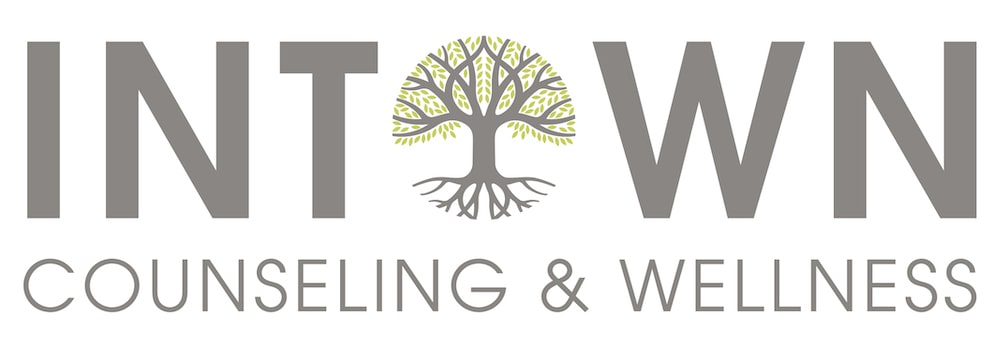Fireside Chats: A Social Support Group

During this unprecedented season of uncertainty, many clients have reported needing additional social support. Fireside chats are a 75 minute weekly virtual social support group based on group therapy principles advocated by Dr. Irvin Yalom. Dr. Yalom is one of the world’s leading experts on group therapy and is the author of The Theory and Practice of Group Psychotherapy, the standard text for group therapy.
The therapist in this type of group therapy is more of a facilitator than teacher. Clients are encouraged to talk about relationship or personal issues pertaining to the goals and problems that led them to group therapy. Therapy is viewed as most productive when it is a collaboration and experience of all group participants contributing input. Clients are urged to ask questions, offer support, share associations and thoughts, and process things said or not said. Input from other members of the group frequently might be more important that the leader’s comments. At times, the therapist may make observations about group behaviors and interactions, what individuals say or do in a group, or on progress within the group. Much focus will be on examining the relations between members in the present, and clients will be asked to share their impressions of one another as well as their positive feelings, thoughts and fears. The more work down in the present (also called in the here-and-now) of the group, the more effective the group will be.
Reach Out Today!
In addition to offering social support, Dr. Yalom advocates that group therapy:
- is highly effective when clients are wanting to gain insight about interpersonal relationships
- offers an opportunity for clients to offer and receive feedback
- helps interpersonal relationships and communication
- provides a safe space for people to openly talk about their feelings
- facilitates understanding and insight into one’s own thoughts, feelings, and behaviors by looking at relationship patterns both inside and outside the group
- encourages understanding of other people’s thoughts, behaviors, and feelings
- improves self-esteem, self-image, and self confidence
- allows individuals to undergo personal change inside the group with the hope of carrying that learning over into one’s outside life
If you are interested in participating in our social support group, please call to schedule an initial consultation with the group leader, Monica Bestawros, LMFT at [email protected]. We select members for each group with the intention of creating a cohesive, supportive and balanced group learning experience.
Individual therapy not a requirement of group enrollment. Upon request or as needed, we can consult with your individual therapist to facilitate a cooperative team approach and to ensure clinical collaboration.
Our Fees
Initial Consultation $185 (55 minutes)
Social Support Group $50 (75 minutes)
Insurance—If you have healthcare insurance with mental health benefits, then some or all of your fees at Intown Counseling & Wellness may be covered. As a courtesy, we will contact your insurance company to determine the details of your insurance policy, such as copayment and deductible information. We are currently in-network with the following insurance panels:

Guidelines for Participation in Group therapy
- Confidentiality is expected of all group members. No identifying information should be mentioned about another member outside of the group.
- Research has shown that it takes approximately 12 sessions to have a clearer sense of the potential helpfulness of a group. Therefore, it is asked that you make an initial commitment to participate in your group for at least 12 sessions.
- Group therapy progresses best when all group members respect the commitment and work of all participants. Regular attendance, active participation, and arriving on time demonstrates that commitment. If you know you are going to be late or absent, it is best that the group knows a week ahead of time.
- Since the focus of this group is for social support, platonic social contact outside of group is allowed. However, to promote unity in the group, it is best that members who meet outside the group share all relevant information within the group. Secrecy slows down therapy work. Positive and disappointing feelings are encouraged to be shared about outside interactions.
- Disclosure about oneself is necessary to benefit from group therapy. However, clients should disclose at their own pace and members should never be pressured to disclose.
- Members should say things to other members in a way that is constructive. Constructive feedback does not blame, is relevant, primarily focuses on what is happening in the present, and connects the member receiving the feedback with the member offering the feedback.
- Members should avoid general advise-giving.
- Members should refrain from the use of the word “you” towards another group members and focus on using “I” statements.
